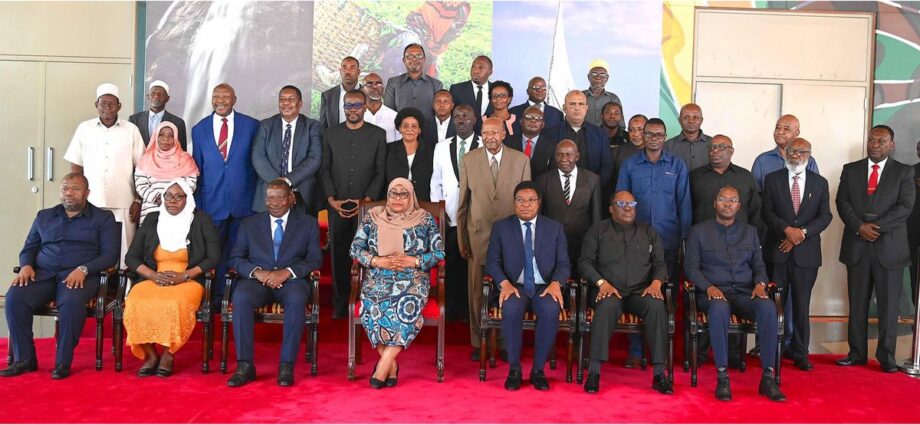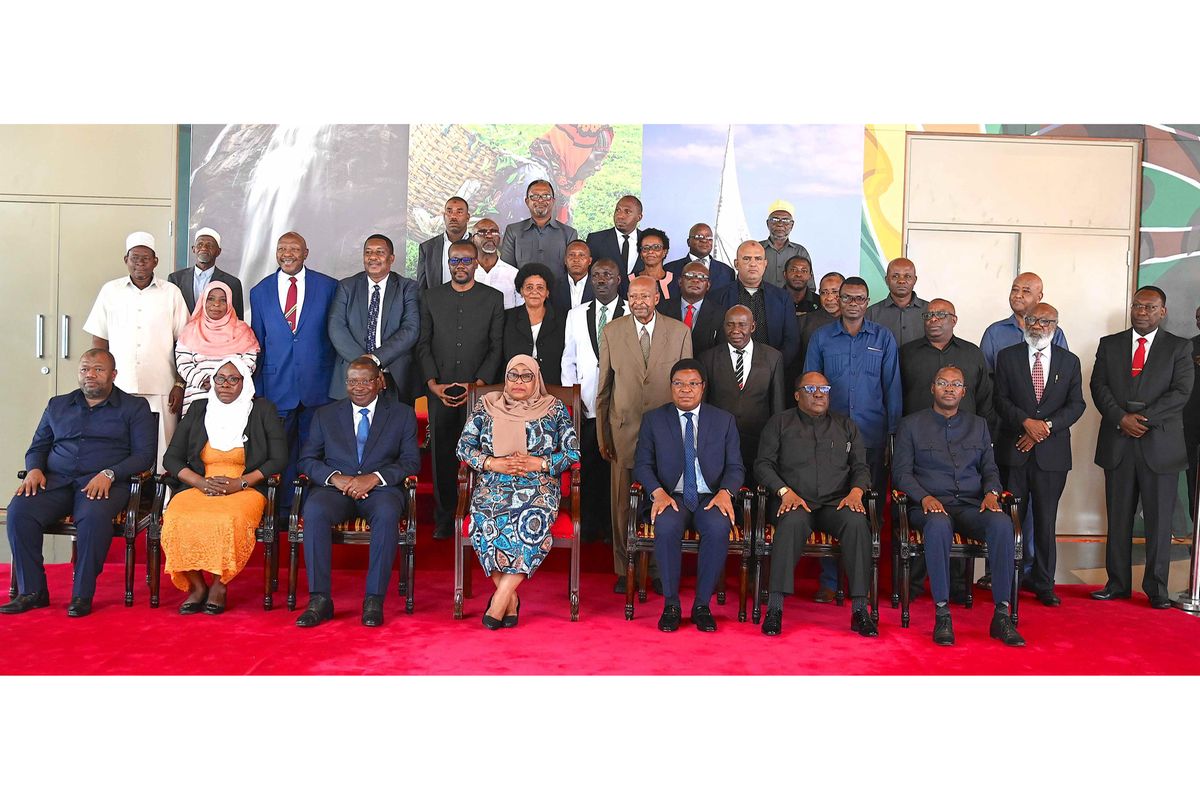President Samia Suluhu Hassan, today, clocks two years since she ascended to the presidency. The country she leads now is somewhat different from the country she inherited and ever since, in some aspects it has been a country in transition with its own dilemmas.
The ongoing political rapprochement between the ruling party, CCM and the opposition party Chadema exemplifies this aspect in many ways.
There remains deep-rooted trust issues between the two parties. In recent days, cartoonists have depicted this state of affairs in various ways which point to a tragic ending of the current process.
The skeptics look at the past for references. In Zanzibar, where there is a long history of troubled polls, CCM and the then-leading opposition party there, the Civic United Front (CUF) engaged in bitter, protracted negotiations which required several presidents, of both the Union and Zanzibar to come to any fruition.
There were many times where parties to that process accused each other of violating the terms of their agreement. There were times where the interpretation of what was agreed upon differed greatly between the parties. There were times when these differences led to complete breakdown of negotiations and a return of full-blown hostilities.
As was the case in Zanzibar, this time too, the process has excluded other parties, where some opposition party leaders have accused each other of sabotaging any deal they make to unite, hence the decision to go separate ways. Others have claimed that Chadema no longer needs other opposition parties because of its own political calculations come 2025.
There are also trust issues within the political parties involved in the current process for different reasons. There are those in CCM who are skeptical and do not see their place in the political stage once this process comes to a conclusion.
It is a question of bread and butter. In the opposition, given the secretive nature of the early negotiations, some claimed their leaders were ‘bought’ to turn a political page.
In both sides, doubts are cast over the identity of their parties once all the dust settles down. Those within CCM feel that they may be giving away too much while those in Chadema feel like their party may be lost in the process and struggle at the polls in 2025 with its opposition party credentials.
Despite the seemingly advanced stage of the negotiations, there is still a lot to be done to build confidence of many within and beyond the negotiating parties.
What should be the endgame to all this? How will that endgame look like?
This requires to look at what each side perceive to be the underlying cause of the current situation. That leads to different conclusions, or at least different versions of the endgame.
To Chadema and their supporters, the endgame is a new constitution which they see as guaranteeing them levelling the political playing field before the big match in 2025.
To CCM, a new constitution is not the leading priority but the exact finer details of what emerges at the end of this process.
In Zanzibar, while the negotiations led to a new political arrangement, there is no doubt that the government which emerged was not one where power is shared. This has led to ACT Wazalendo feeling frustrated at times with CCM.
The current negotiations have not been about two, equal partners. Each stage has been carefully planned including the places of meetings and where important decisions are announced like State House which displays the grandeur, the power and the authority of the president who doubles as CCM’s chairperson.
The timeline does not tally between the negotiating partners. Chadema are vocal that there should be a new constitution in place before 2025 and its leaders have flip-flopped in their statements on whether or not their party will participate in the general election conducted without a new constitution.
To CCM, the ongoing reforms are gradual. It is a party not in a rush. By involving more than Chadema in the wider process, CCM and the government have taken insurance against any ill-will in the future should their current partners, out of frustration for the timeline point fingers of blame or worse head for the exit door.
For now, the whole process feels like one of the negotiating parties accommodating each other, understanding each other rather than where either of them giving away anything tangible. That way each party has something to sell to their hardline supporters.
Either way, it is a balancing act for each party.















